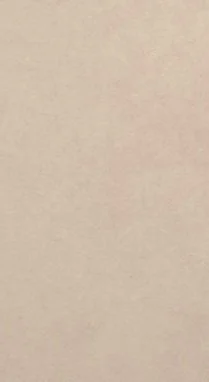
Play a game of word association with any rando American off the street and their response to “The Middle East” would vary anywhere from “Aladdin” to “The Iraq War.” Much has changed regarding representation in media for many groups of people, but still, popular imagination of the Middle East as the world’s most irrationally violent and oppressive sandbox persists. In this show, however, the scariest thing about the Middle East is their teenage girls.
My mother is from Lebanon, a small country in the Middle East which actually doesn’t even have a desert. She was born and raised in Australia, along with a whole generation of people whose parents fled Lebanon during the Six-Day War. These kids grew up with Julia Roberts, Beanie Babies, and Backstreet Boys, so to stay close to their Arab identity, it was tradition that they and their families moved back to Lebanon for a few years to learn the language and culture. After a year or two, they would go back to finish high school in Australia.
This 30-minute episodic period sitcom is about those 2 years. The show centers around a group of mischievous teenage girls in 1998 Lebanon whilst they explore the minutiae of daily life while living in a state of political conflict. “Ajnabiyeh” literally translates to foreigner, but in colloquial conversation, it is used by Arabs to refer to white people, and it is how the girls are teasingly referred to by their community.
Resentful and excluded from their community, often by choice, we watch them lash out and plot against those they feel have wronged them. The ensemble centers around Maryem/Mary Em (15), who added a space to her name as her form of controlled rebellion and has a holier-than-thou relationship with anyone remotely better off than her. She has her twin sister Layal (15), who is just as sinister, but she is quiet, smart, and very savvy and gets away with behaviors Mary Em cannot. Sumaya/Sue is Mary Em and Layal’s younger sister (13). She looks up to her older sisters but is at a crossroads in her life: she has a chance to fit in and be a part of her community – something bigger than herself – or fall into familial patterns of isolation and judgment of others. Their only friend who does not have a familial obligation to like them is self-proclaimed born-again Muslim, Nour (15). She took moving to Lebanon as an opportunity to rebrand herself after a history of troublemaking back at home, but is often dragged down to Mary Em and Layal’s level with their schemes.
We’re also dropped into a country that, from 1985 up til 2000, was occupied by Israeli soldiers in the south of Lebanon. The characters in the show are, however, accustomed to the constant surveillance and spurs of violence. The intense background is used to highlight just how shallow and one-track-minded the girls can be. They are so in their own worlds that anything not in English that they hear around them comes out in Charlie Brown-like adult sound effects. They are mad that they moved from Australia and that the gossip in such a small village is insidious, and, you know what? They are just really upset that they can't find a single copy of Jagged Little Pill at their local music shop. The only way they can get a TV connection is by piggybacking on the Israeli channels and when they do get a connection, they air episodes of Neighbours from five years ago. Anyone would care less about the political state of their country with problems like these.

